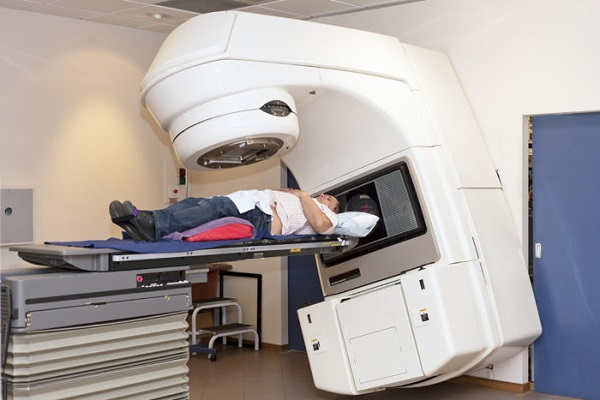Over three years after the Lancet Commission on Diagnostics revealed a global crisis in diagnostic access, millions in Nigeria still lack basic tools needed to detect and treat diseases like tuberculosis, diabetes, and cancer.
In 2021, the Commission found that 47% of people globally—and 81% in low- and lower-middle-income countries—could not access essential diagnostic services. The COVID-19 pandemic exposed just how deadly this gap can be.
Countries like India and members of the African Collaborative Initiative have made progress through free diagnostic programmes. Experts say Nigeria must follow suit.
“Diagnostics are foundational. Without them, our health response is reactive, not preventive,” said virologist Prof. Oyewale Tomori. He warned that Nigeria remains too dependent on donor and private-sector services.
Read Also: ‘I don’t have cancer’, Mercy Johnson reacts to cancer rumour
The World Health Organisation (WHO) reports that over 60% of Nigeria’s primary health centres lack tools as basic as malaria test kits and haemoglobin meters.
Dr. Gabriel Adakole, a public health physician, stressed that diagnostics should be included in Universal Health Coverage (UHC). “If we want UHC to be meaningful, diagnostics must be free and accessible at the primary healthcare level, just like immunisation,” he said.
Prof. Susan Horton, lead author of the Lancet report, added: “diagnosis is little more than educated guesswork.” She urged governments to invest in rural-friendly technologies and workforce training.
Health policy expert Dr. Aminu Ibrahim called for a dedicated diagnostics budget under the Basic Health Care Provision Fund (BHCPF), warning that “Without it, UHC is just a slogan.” He also recommended scaling up proven tools like GeneXpert, mobile X-rays, and tele-labs.
“These aren’t futuristic ideas. They are available now—and they need to be implemented,” he said.
Dr. Jumoke Mark summed it up: “Diagnostics aren’t a luxury. They’re the first step to closing Nigeria’s health inequality gap.”



